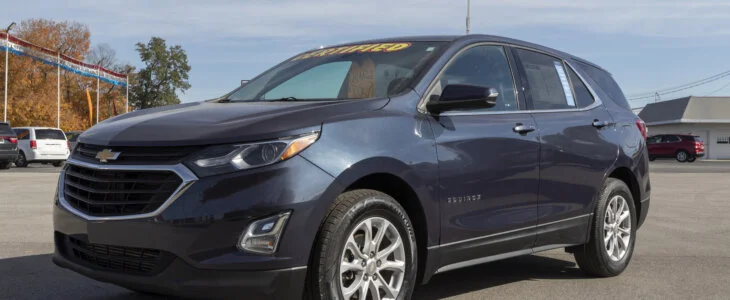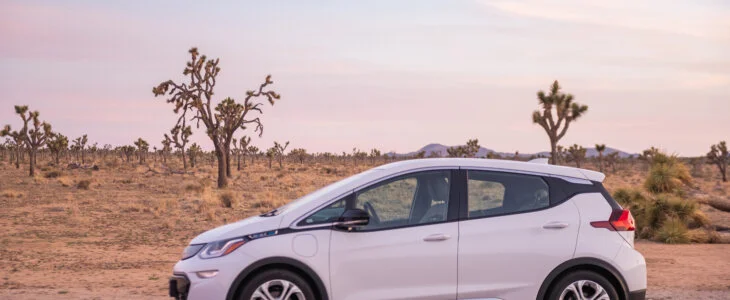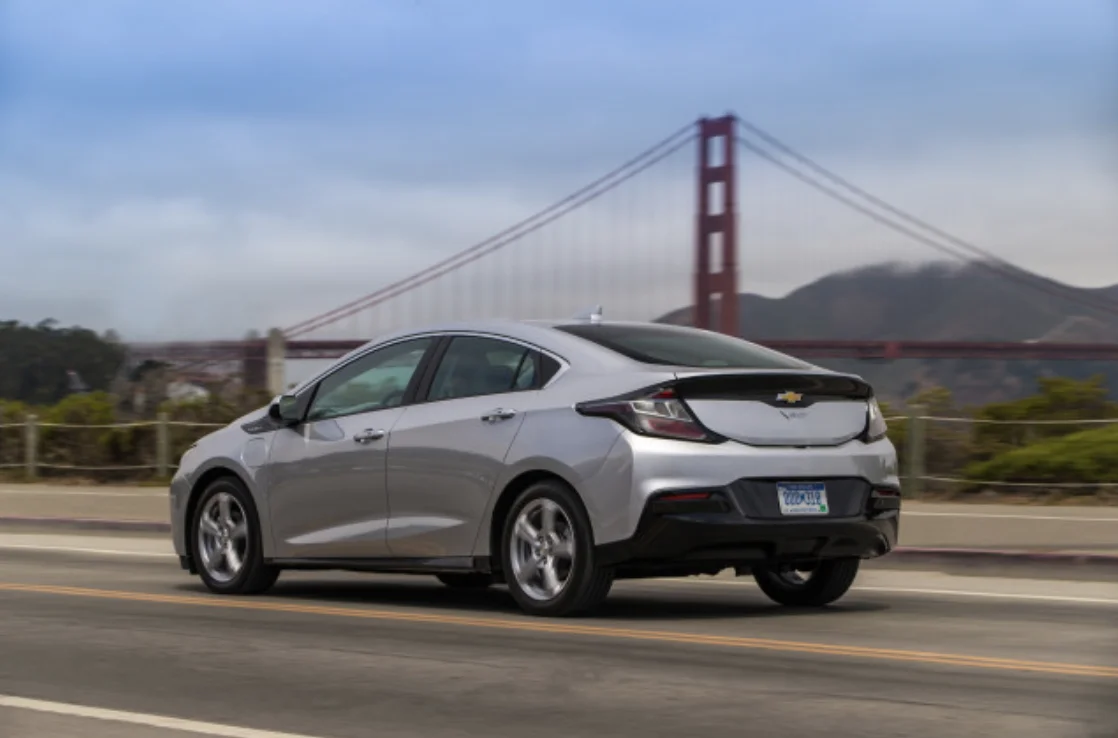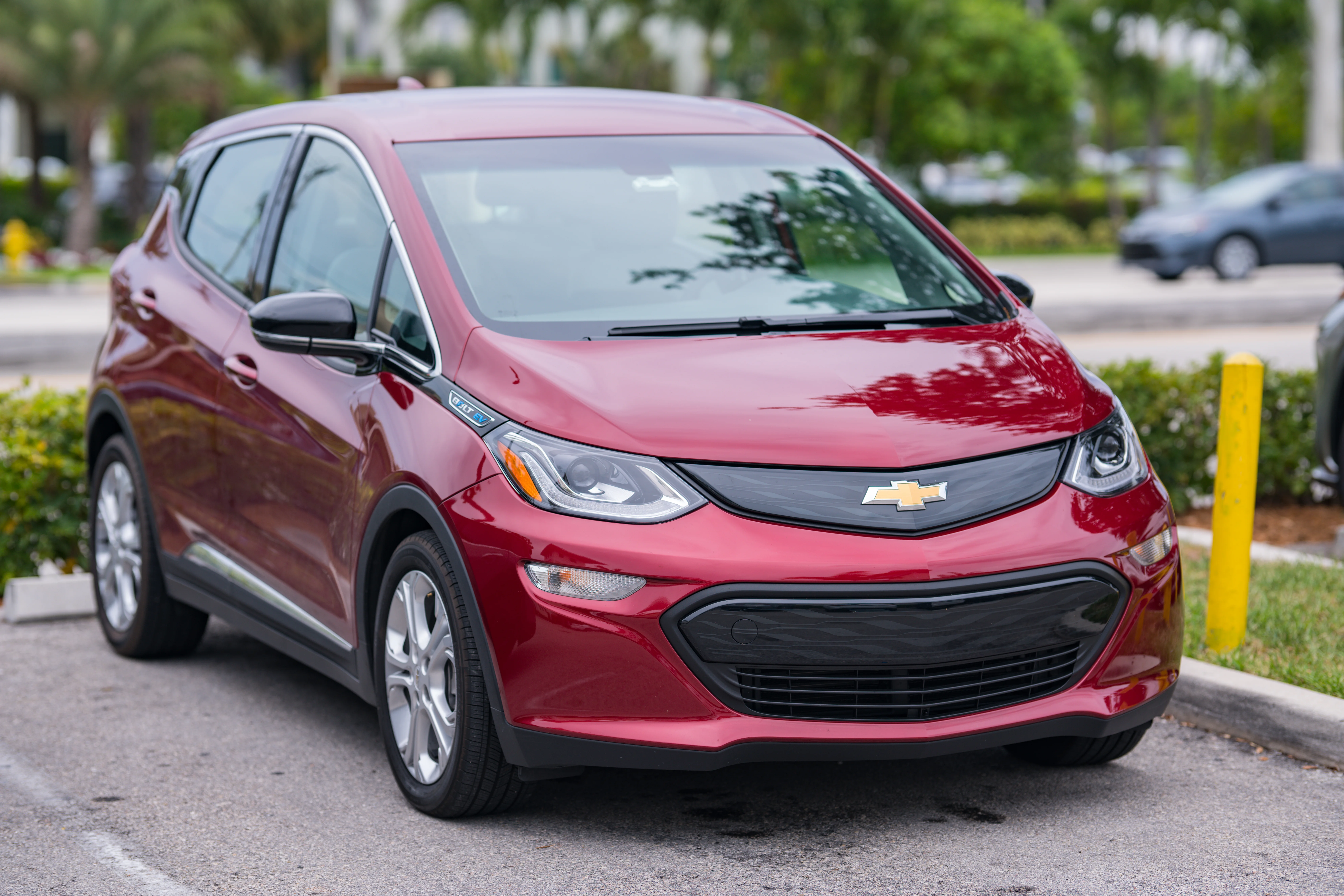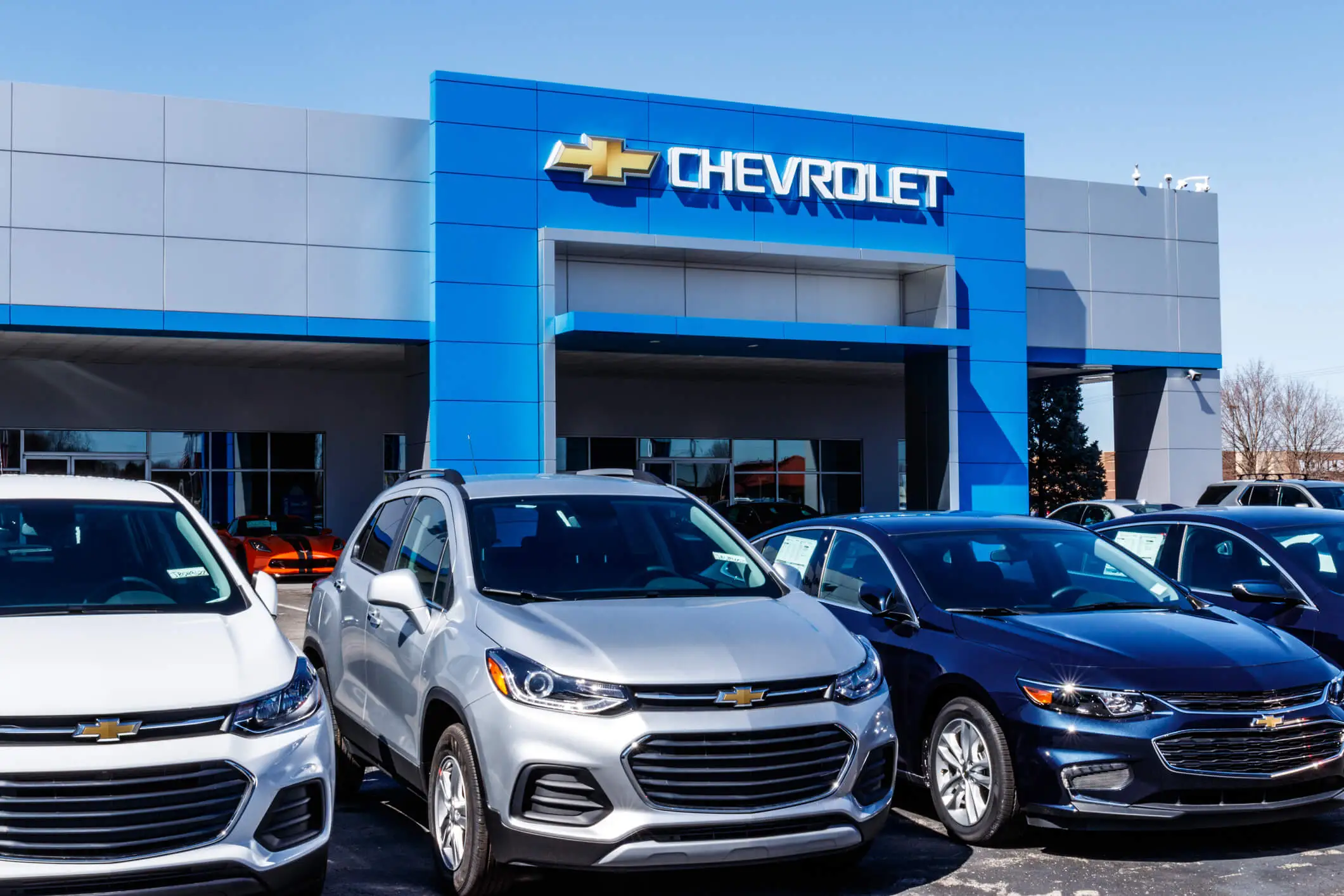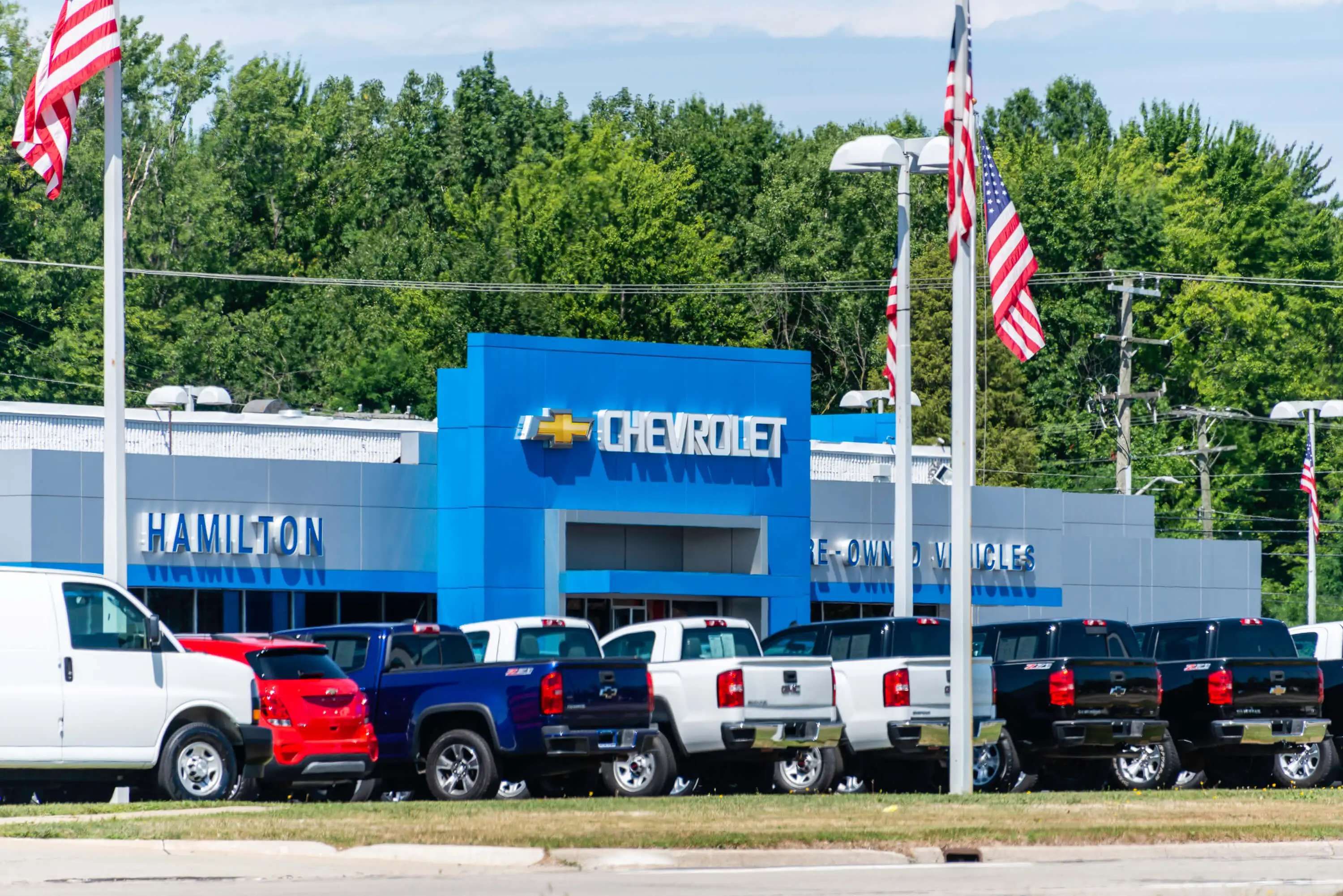General Motors (GM) has announced a recall affecting 2,890 Chevrolet Equinox electric vehicles (EVs) due to a software issue impacting the adaptive cruise control system. According to the National Highway Traffic Safety Administration (NHTSA), the affected vehicles are all-wheel-drive (AWD) variants of the 2025 Chevrolet Equinox EV.
What’s Causing the Recall?
The recall stems from a fault in the brake system control module software, which may cause the adaptive cruise control system to fail to engage the brakes as expected. This issue can increase the risk of a crash, as vehicles may not slow down appropriately when adaptive cruise control is activated.
The NHTSA report states: “General Motors, LLC (GM) is recalling certain 2025 Chevrolet Equinox EV all-wheel-drive electric vehicles. The adaptive cruise control may fail to engage the brakes as expected, due to incorrect brake module software.”
Which Vehicles Are Affected?
The recall applies to 2,890 units of the 2025 Chevrolet Equinox EV AWD. Front-wheel-drive vehicles (FWD) are not included in this recall, as they do not experience the same braking system issue.
GM’s Solution for the Issue
GM has already developed a remedy for the software problem. The company will notify affected vehicle owners via mail by March 3, 2025. Owners will be instructed to visit an authorized Chevrolet dealer, where technicians will update the brake system control module software at no cost.
Chevrolet Equinox EV owners who wish to confirm if their vehicle is included in the recall can contact GM customer service at 1-800-222-1020. The recall reference number for this issue is N242481530.
How Chevrolet Equinox EV Owners Can Take Back Control
While recalls have been communicated to owners, many continue to be unhappy with the solutions provided by automakers. These problems have the potential to escalate into further action, just like this, underlining the importance of protecting consumer rights.
If you struggle with vehicle troubles and feel cornered against big vehicle brands, remember it is always better to have experts with you. With extensive experience and successful cases at hand, The Lemon Firm is your best bet. With dedicated team members always at your disposal, the package becomes too good to be true. So, if your car is giving you a headache, don’t hesitate to reach out!
